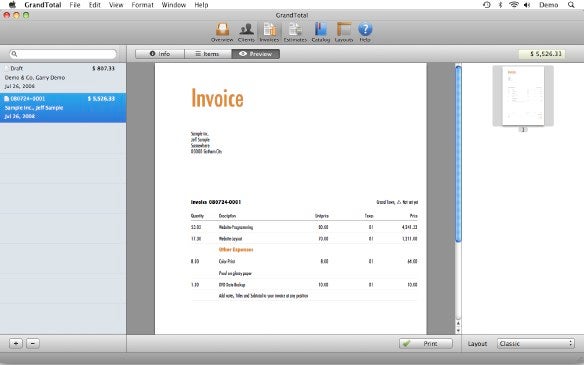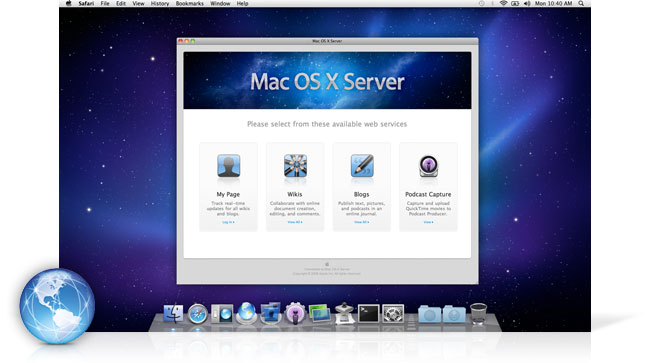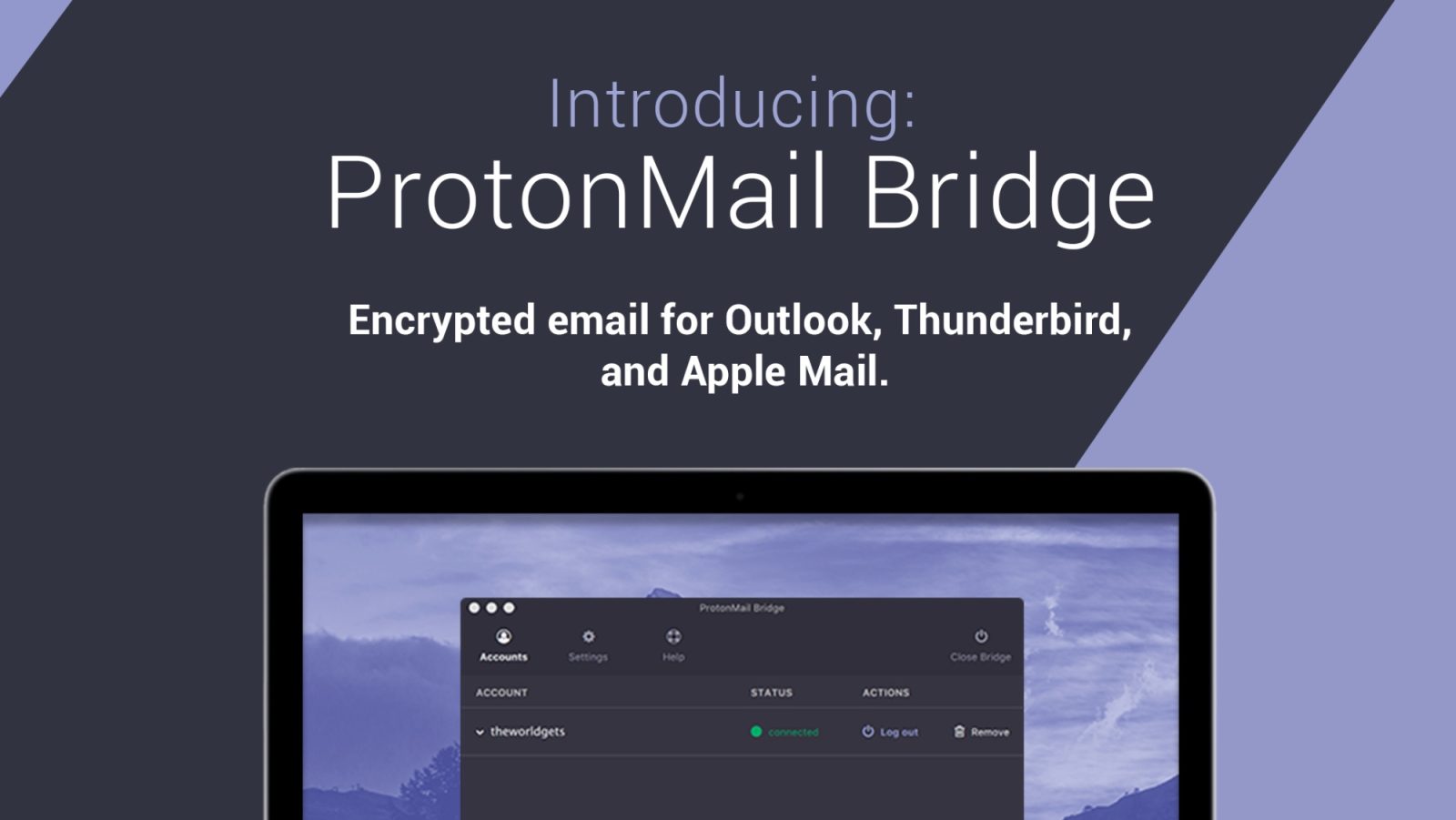Mail Clients For Mac Os
Mac users have Apple Mail at their fingertips since it’s the default email client on the. Download eM Client for Mac The best desktop email client is finally available for Mac. After our 30-day free trial, you may decide to use eM Client Free license or upgrade to the Pro version at any time. More information about the recent Mac version release can be found on our blog.
- Mail Clients For Mac Os X
- Free Mail App For Macos
- Google Mail App For Mac Os
- Mail App Mac Os Mojave
- Mail Client For Mac Os X
- Mail For Mac
Multi Account
Add as many email accounts of any type your like to Airmail. (Gmail, GSuite, iCloud Mail, Exchange, Office 365, Microsoft Outlook, IMAP and POP3).

Smart Inbox
When you just want to see the important emails, the smart inbox is here for you. It automatically filters out newsletters and other distractions, leaving you with just the crucial messages.
Snooze
When you don't want to deal with an email now, but don't want it in your inbox either, use the snooze function to hide it until it's relevant. From concert tickets to flight confirmations, keep the emails out of the way until you need them.
Unified Inbox
See all of the email in all of your inboxes at once with the unified inbox feature. You can even exclude accounts from this view if you want to.

Privacy Mode
If privacy is paramount then you can enable privacy mode which will process all the data locally on your device. Privacy mode also blocks tracking pixels, and prevents images from loading automatically.
Mail Clients For Mac Os X

Send Later
Free Mail App For Macos
Schedule emails for the perfect moment. Schedule your emails to land in the recipient’s inbox at just the right time. Whether it’s a client in Australia or a business partner in Europe, your email will always be on top.
Mail User Guide
Use Server Settings preferences in Mail to change options for an account’s incoming and outgoing (SMTP) mail servers.
Google Mail App For Mac Os
To change these preferences in the Mail app on your Mac, choose Mail > Preferences, click Accounts, then click Server Settings.
Note: The settings you see vary depending on your account type.
Incoming mail server settings

Mail App Mac Os Mojave
Option | Description |
|---|---|
User Name | Your user name on the mail server. |
Password | Your password on the mail server. |
Host Name | The name of the mail server. |
Automatically manage connection settings | Mail automatically manages settings for your email account in Mail, such as port numbers and authentication methods. If you deselect this option, you can specify the following, as directed by your email account provider:
|
Advanced IMAP or Exchange Settings | Enter or change these settings as directed by your email account provider:
|
Mail Client For Mac Os X

Mail For Mac
Outgoing mail server (SMTP) settings
Option | Description |
|---|---|
Account | The account of the mail server. To change outgoing server settings, as directed by your email account provider, click the Account pop-up menu, then choose Edit SMTP Server List. |
User Name | Your user name on the mail server. Tuxera crack for mac. |
Password | Your password on the mail server. |
Host Name | The name of the mail server. |
Automatically manage connection settings | Mail automatically manages settings for your email account in Mail, such as port numbers and authentication methods. If you deselect this option, you can specify the following, as directed by your email account provider:
|
